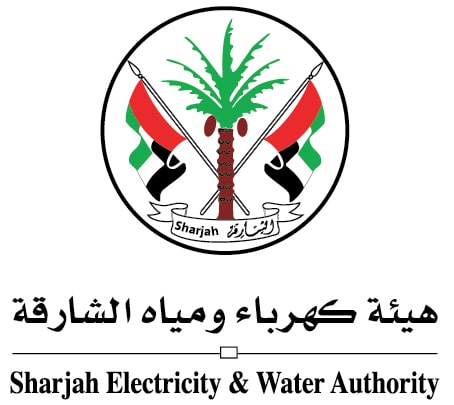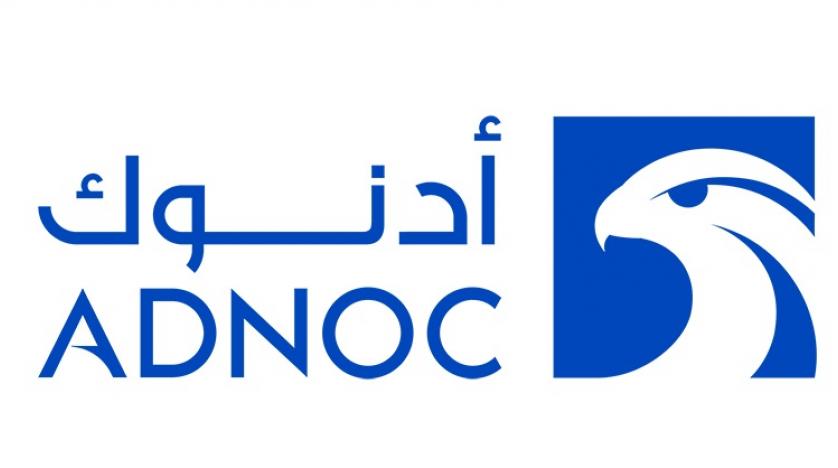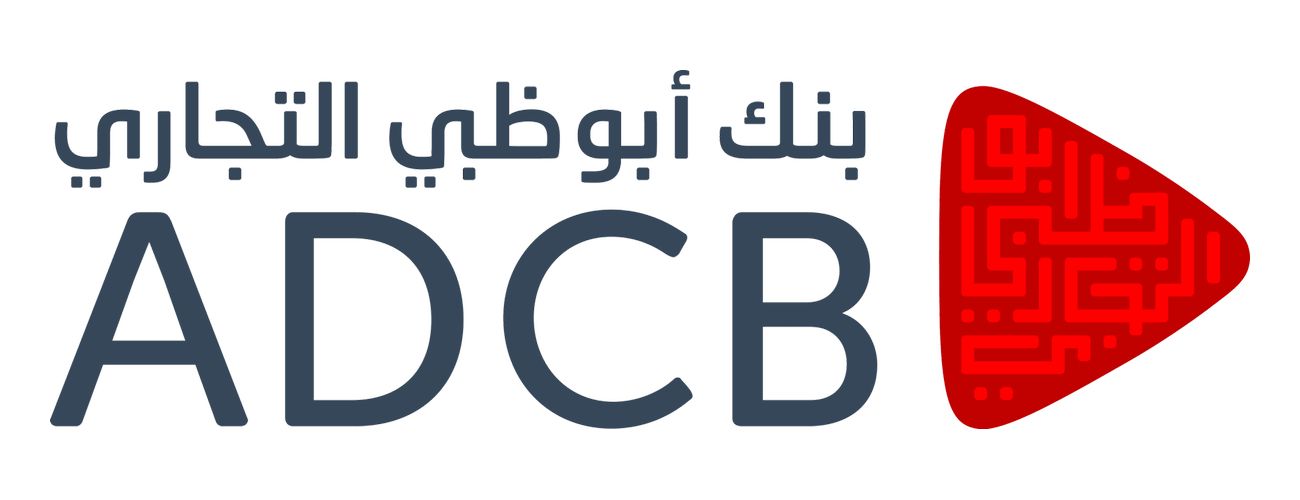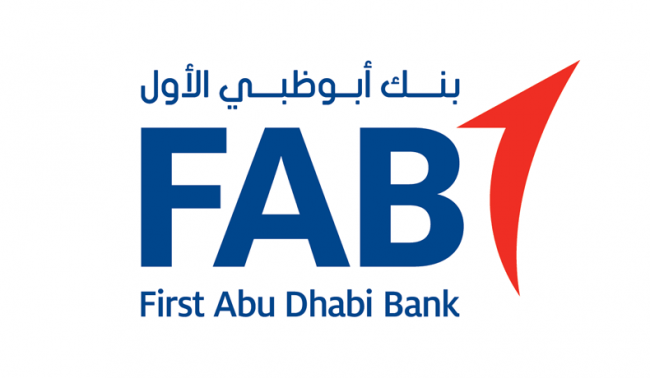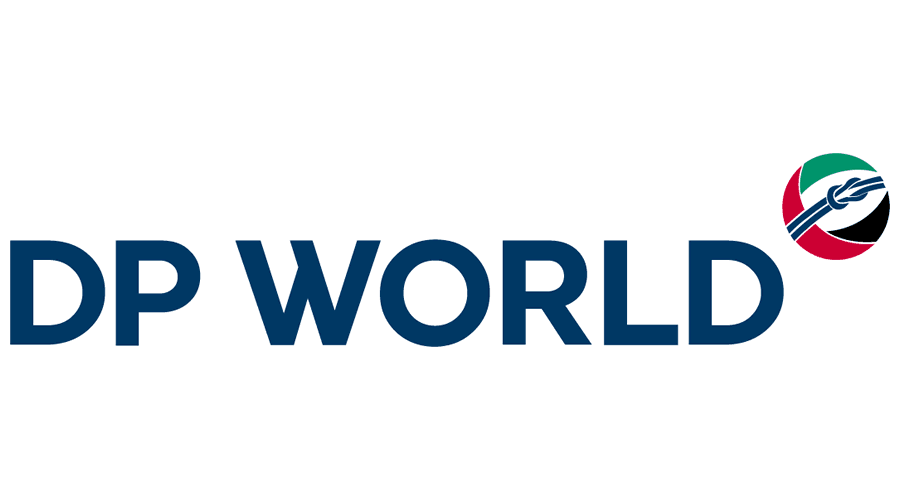There is no denying from the fact that a majority of aspirants who aren’t aware of the ICF certification requirements, often get confused between coach-specific training and training that isn’t regarded as coach-specific. The International Coaching Federation (ICF) is the world’s largest organization of professionally trained coaches who are dedicated to advancing coaching as a profession.
ICF accreditation provides coach-training programs with a competitive edge. ICF accreditation gives the program unquestioned credibility and the ability to expose services to a broader network of coaches. ICF currently provides three accreditations to coach training programs -Accredited Coach Specific Training Hours (ACSTH), Accredited Coach Training Programme (ACTP), and Continuing Coach Education (CCE). What is the difference between ACSTH and ACTP? ACTP or ACSTH – which one is the best? Well, we have some information for you regarding the distinctive approach in each training program.
The program encompasses ICF coaching competencies along with the various coaching models, approaches, and tools. At the end of the program, you can coach at the PCC level. ACTP program providers are accredited by the International Coaching Federation to evaluate your performance as a coach.
